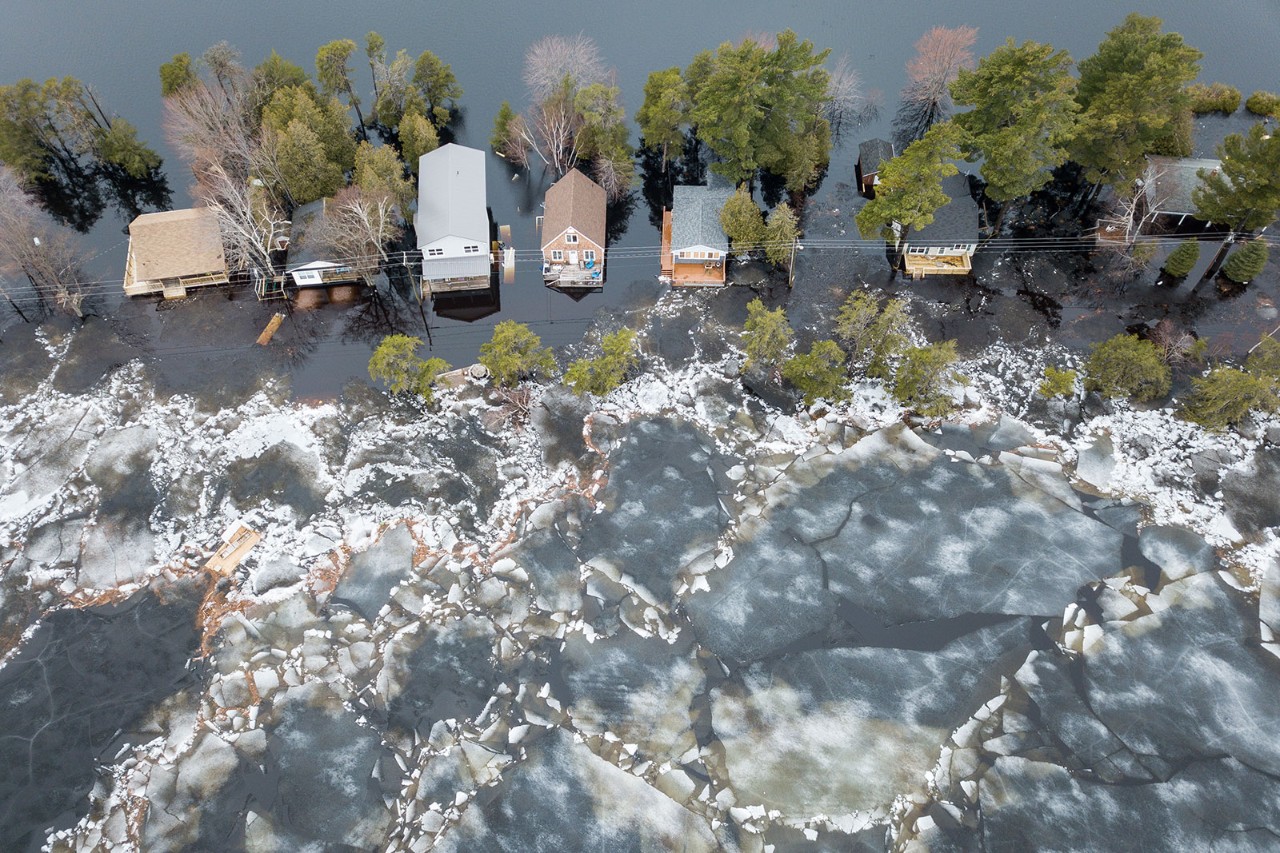
The EU is the world’s largest internal market, and home to some of the world’s largest polluters per capita. So its recent green policy drives and initiatives are a welcome step towards meeting net-zero sustainability targets.
In a reflection of this fast-growing and urgent interest in reducing climate impacts, more than 800 standard-setters, business people, investors and accountants joined an online event as part of EU Green Week 2021. The 800 participants were there to listen to, and ask questions of, a handful of experts discussing sustainability reporting and standard setting.
Sustainability reporting is driven and upheld by standards. And standards must evolve, or even be invented, to reflect critical and lasting cultural shifts. The latest cultural shift – towards sustainable business – is being held back by a lack of consistent international sustainability reporting standards. But things are about to change.
Africa
CFOs and standard-setters in Africa discuss concerns about the continent’s unique climate challenges
‘The EU is in a position to lead the way. This is a true Brussels moment’
Americas
COP 26 roundtable discusses the myriad challenges of going green in the Americas
Asia Pacific
Asia-Pacific climate roundtable gets real about net-zero commitments in a warming world
Global consistency
Heidi Hautala, MEP and vice-president of the European parliament, used the recent proxy fight involving green investors at oil giant Exxon Mobil as an example of significant change among some of the most reticent companies. She also highlighted a Netherlands legal ruling that requires Royal Dutch Shell to reduce its global net carbon emissions by 45% by 2030, compared with 2019 levels.
She argued that the Paris climate agreement was having legal consequences for companies, and that society, and now investors, would not allow unwillingness or incompetence prevent sustainability being integrated into the business model.
Hautala’s suggestion that carbon neutrality had become a kind of customary international law is perhaps reflected in the movement of multiple standard-setting organisations towards a harmonised global standard for sustainability reporting.
Charles Tilley, CEO of the International Integrated Reporting Council (now merged with the Sustainability Accounting Standards Board to become the Value Reporting Foundation), sketched out the most recent changes to the standard-setting landscape.
He cited the IFRS Foundation’s early manoeuvres in setting up a complementary Sustainability Standards Board, and the EU’s corporate sustainability reporting directive as ‘laying the foundations for a comprehensive system of corporate reporting’.
But Tilley also argued that ‘for this system to be globally adopted’ standards would need to be ‘comparable and consistent’, as well as focused on ‘the interoperability of regional or jurisdictional standards and frameworks with a globally accepted baseline’. Tilley’s view was echoed by every speaker at the event: without comparability, consistency and interoperability, there will be no global standard.
Africa-EU strategic partnership
Africa and the EU aim to pool resources and expertise and scale up their efforts towards delivering the Paris agreement and achieving the UN’s Sustainable Development Goals.
But for the partnership to work, it must be a true collaboration, say experts. Ndidi Nnoli-Edozien, chair of the Circular Economy Innovation Partnership and managing partner of professional services firm Afrikairos, urged officials not to fall into old traps, but to focus on solutions that were specific to, and right for, Africa’s context.
‘For example, the centralised power distribution systems of Europe won’t work here,’ she said. ‘Energy needs to be distributed differently. Africa is not passive in this process and must decide what it needs.’
Africa has shown it has the ability to leapfrog,’ said Musonda Mumba, chief of the UN’s Environment Programme’s terrestrial ecosystems unit. ‘For example, we did not have a widespread landline telecoms system, so we have gone straight to mobile. African markets are capable of innovation… but how do we manage a just transition in a way that leaves no-one behind?’
The partnership also aims to close the financing gap. The EU, argued Mofifoluwa Ayokunnumi Olawumi, head of sustainability partnerships at Access Bank in Nigeria, could encourage ‘blended finance, working with the private sector, government and development organisations to finance projects that otherwise might not get off the ground’.
Building blocks
Lee White, executive director of the IFRS Foundation, explained that this would be a tall order, but that it was possible – and at pace too.
He argued that a building blocks approach was the most sensible starting point, essentially using a global baseline of disclosure standards, with the ability for jurisdictions to add further requirements on top. But White also made it clear that engaging with stakeholders was key to commencing and then continuing its work.
Others on the panel agreed, with one arguing that after the initial groundwork has been laid, consistent improvement could be ensured by using a constant feedback loop between standard-setters, policymakers, preparers and users.
India
ACCA India’s COP 26 roundtable says now is the time for mitigation and adaptation
'The current stock of standards makes disclosure a time-consuming business'
Ireland
Participants in Ireland’s COP 26 conference highlight urgent need for accountants to lead on sustainability
Middle East
Three roundtables with representatives from across the Middle East region discuss climate urgency, optimism and room for improvement
Both investors and companies are looking forward to such global standards, said their representatives at the event. Rients Abma, executive director of Dutch corporate governance and sustainability body Eumedion, said that such standards would greatly improve capital allocation, as well as improving the quality of decision-making information available to boards.
And Stefan Schnell, senior vice president for group reporting and performance management at chemicals giant BASF, looked forward to the reduction in confusion and workload that globally aligned and globally accepted standards would bring.
He argued that even though the company had pursued integrated reporting for some time now, the current stock of standards made disclosure a time-consuming business. Schnell pointed out that BASF would far rather concentrate on the reasons for complying, rather than the actual compliance itself – such as linking financial data and processes to create synergies, and improving external understanding of the company’s approach to value creation.
EU leads the pack
Some at the event were looking even further into the future – towards reasonable assurance for such information. And there was recognition that reasonable assurance was a desirable endgame for sustainability reporting.
As for the role of the EU, participants were clear. The EU has an enormous role to play in helping to set globally accepted sustainability standards. As Hautala argued: ‘The EU is in a position to lead the way. This is a true Brussels moment.’
Disclosure is not an end in itself, it is only part of the journey
Others agreed, pointing out that the EU’s recent privacy laws had been accepted as a de facto global standard. But they also warned that if the EU rushed on too quickly, without engaging on a sufficiently global level, it could end up creating a standard only for itself.
Regardless of who ought to take charge, and how it ought to look, participants agreed wholeheartedly on one thing: disclosure is not an end in itself, it is only part of the journey on the road to sustainability.
Further information
Keep up-to-date with sustainability-related issues with our curated selection of resources
UK
COP 26 roundtable discusses UK members’ views of sustainability and superhero accountants


